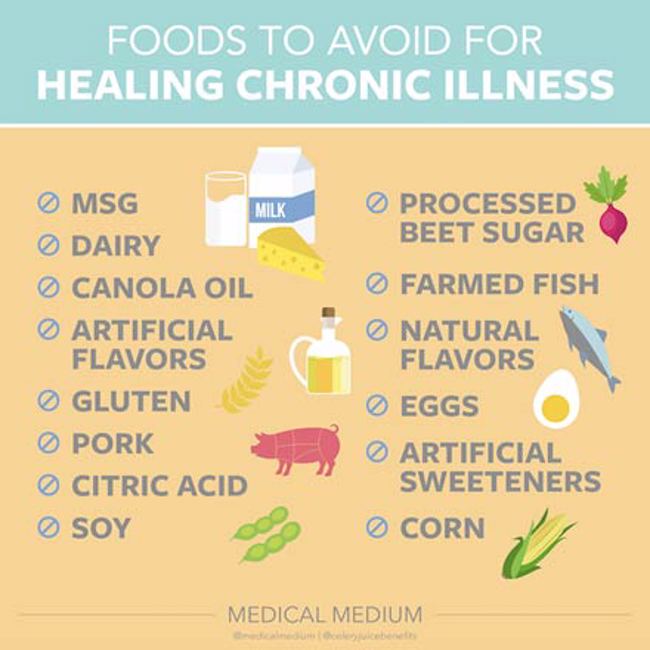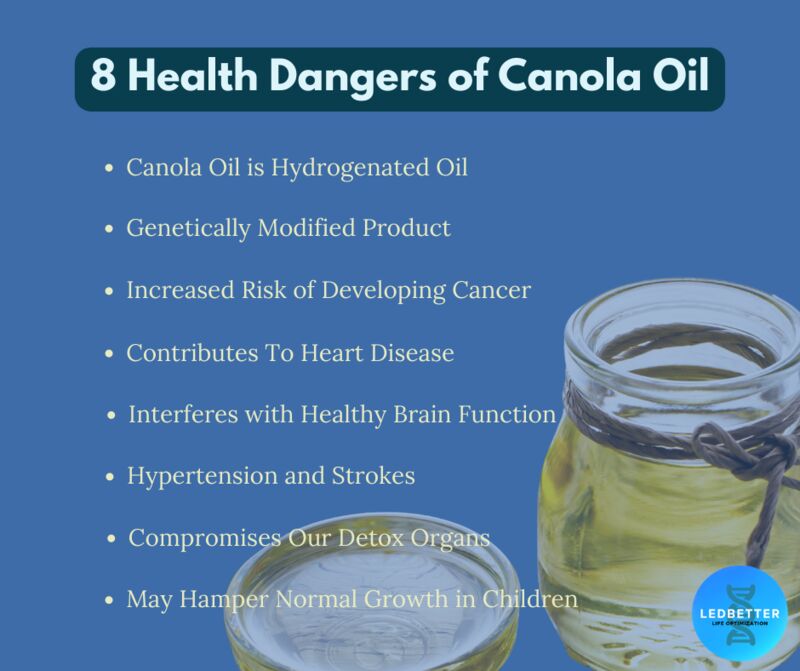Canola oil ranks the third most popular choice worldwide of vegetable oils, trailing behind soybean and palm oil. Its affordability in preserving food has propelled its dominance in the oil industry and among people cooking in the kitchen.
This oil, however, comes with a hidden cost that has raised eyebrows among health-conscious individuals. The very thing that gives canola oil an effective preservative – its unappetizing nature to insects and animals should invite us to consider its safety for human consumption.
Canola oil predominantly comes from two species of oilseed rape, Brassica rapa and Brassica napus, which has approval from the EPA for its ability to repel insect pests.
Its insecticidal properties raise concerns about the effects it might inflict on the human body over time.
While its integration into food products extends shelf life, a growing body of research reveals alarming results. Prolonged consumption of canola oil has been linked to notable cognitive deficits, such as memory loss, along with the emergence of neurofibrillary tangles – a hallmark of Alzheimer’s disease.
A recent study conducted by researchers at the Lewis Katz School of Medicine at Temple University sheds light on the repercussions of canola oil consumption.
The findings suggest that long-term consumption of canola oil is not beneficial to brain health. “Even though canola oil is a vegetable oil, we need to be careful before we say that it is healthy,” Dr. Praticò said. “Based on the evidence from this study, canola oil should not be thought of as being equivalent to oils with proven health benefits.”
Animals exposed to this oil exhibited elevated levels of amyloid plaques, impeding communication between brain neurons and fostering a milieu conducive to cognitive decline, inflammation, and psychological distress.
The consequences ripple beyond the issues of memory issues, contributing to weight gain and an array of health challenges.
Canola oil has infiltrated the food industry, often disguising itself within seemingly “healthy” product ingredient lists.
Among the choices in stores like Whole Foods or Trader Joe’s, consumers might unknowingly select items with canola oil, including pre-prepped salads, creamy dressings, and packaged goods. This oil’s pervasive presence can adversely affect metabolism and weight due to its ability to coagulate within the body.
Beyond its impact on body weight, canola oil can potentially jeopardize cardiovascular health.
Canola oil is banned in Europe.
Consumption has been linked to hypertension and stroke due to its contribution to blood coagulation and increased fragility in red blood cell membranes.
This culminates in heightened blood pressure and stroke risk, demanding attention to the oil’s insidious influence.

Regardless of the “organic” label, discerning individuals should be vigilant in scanning the ingredient lists of potential purchases.
The presence of canola oil, whether labeled organic or not, should serve as a warning sign. Choosing alternatives that prioritize health over convenience becomes an imperative step towards safeguarding cognitive function, well-being, and long-term vitality.



